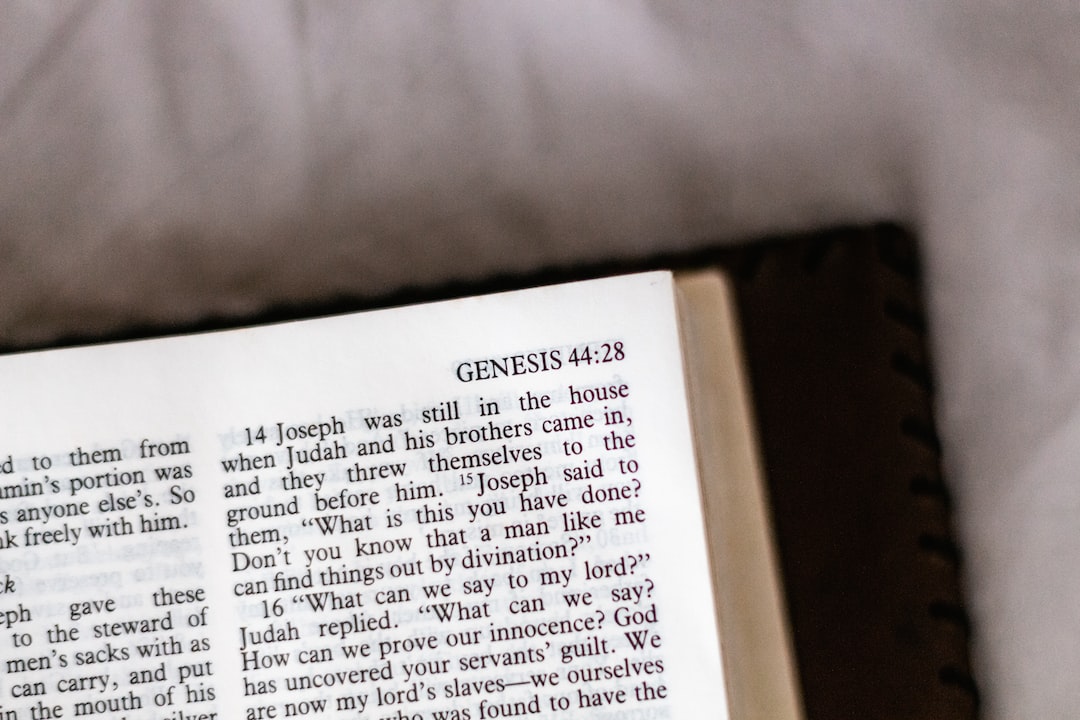Rituals and festivals hold a special place in religious communities, playing a significant role in shaping their identity, strengthening beliefs, fostering a sense of togetherness, and providing a platform for spiritual expression. These sacred traditions are more than mere ceremonies, as they serve to connect individuals with their faith, provide guidance on moral values, and cultivate a sense of belonging to a larger community. In this blog post, we will explore the importance and significance of rituals and festivals in religious communities.
One of the most apparent reasons why rituals and festivals hold great importance is that they provide a tangible connection to the divine. Through these customs, followers can express their devotion, reverence, and gratitude towards their deity or deities. For example, the Hindu festival of Diwali is celebrated to honor the victory of light over darkness and good over evil. During this festival, people light traditional lamps called “diyas” as a symbol of the triumph of light, and they perform pujas (prayers) to express their gratitude to the gods. Here, rituals become a medium through which individuals can communicate their spiritual emotions and forge a connection with the divine.
Another significance of rituals and festivals lies in their ability to instill and reinforce moral values within religious communities. By engaging in specific practices, believers are reminded of the ethical principles and teachings of their faith. Take, for instance, the Christian ritual of baptism. This sacrament signifies a person’s initiation into the Christian community and serves as a symbol of their commitment to living a righteous life. By participating in this ritual, individuals publicly declare their acceptance of Christian values and vow to follow the teachings of Jesus Christ.
Rituals and festivals also have the power to bring people together, fostering a sense of unity and solidarity within religious communities. These events often involve collective participation, encouraging individuals to come together and celebrate their shared beliefs. For instance, Eid al-Fitr, the Islamic festival marking the end of Ramadan, is celebrated by Muslims worldwide. During this festival, people gather for communal prayers, exchange greetings, give to the less fortunate, and share festive meals. This sense of unity and togetherness strengthens the bond between believers, making them feel part of a larger spiritual family.
Moreover, rituals and festivals provide an avenue for individuals to express their spirituality and find solace in their faith. In times of both joy and sorrow, these sacred traditions offer comfort and hope. For instance, in the Jewish faith, the funeral ritual called shiva allows mourners to come together to offer support and extend their condolences. This practice provides a structured environment for people to grieve, find solace in their religious beliefs, and receive comfort from their community.
In conclusion, rituals and festivals hold immense significance in religious communities. They act as a conduit for individuals to connect with the divine, reinforce moral values, foster community cohesion, and find solace in their faith. Whether it be lighting lamps, performing sacraments, or gathering for prayers, these sacred traditions play an integral role in shaping the identity and strengthening the beliefs of religious communities. By participating in these rituals, individuals reaffirm their commitment to their faith, create a sense of unity, and find spiritual fulfillment.

